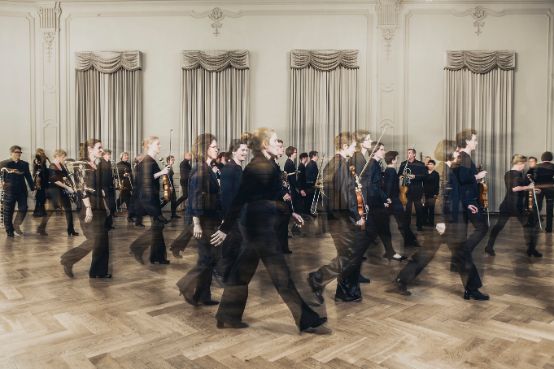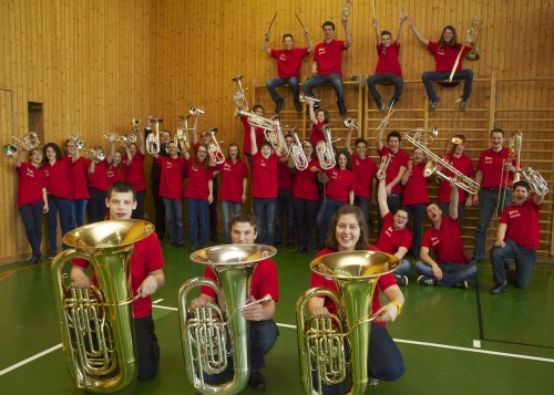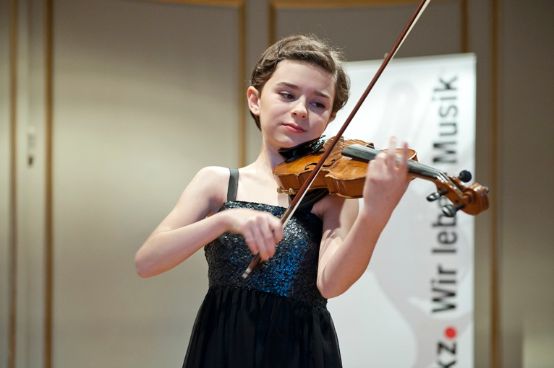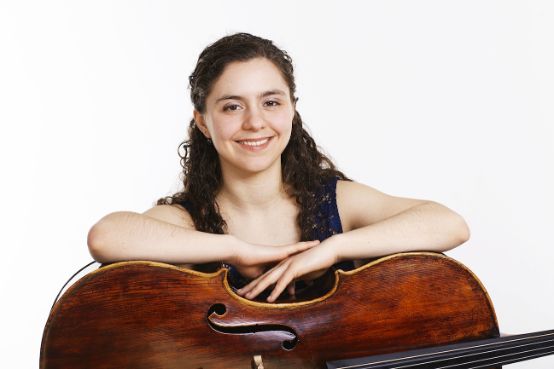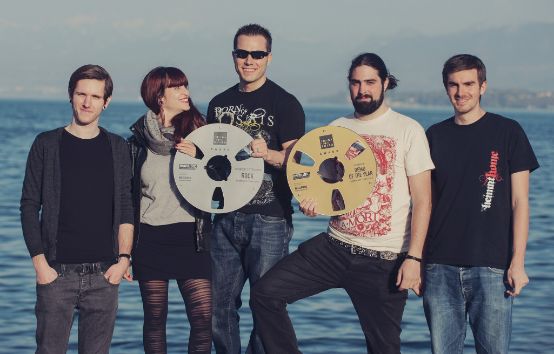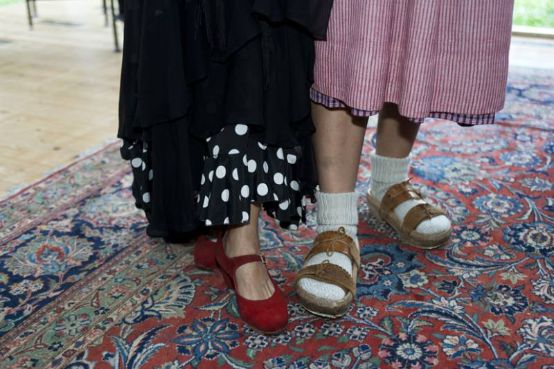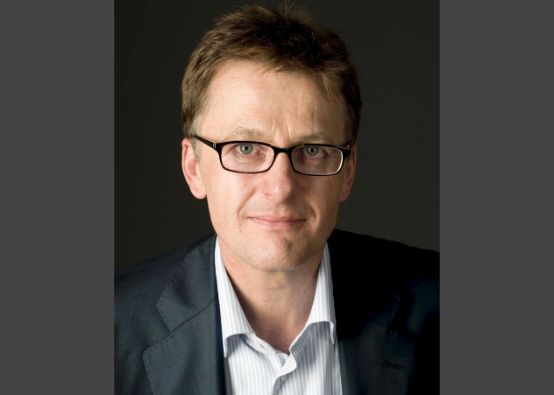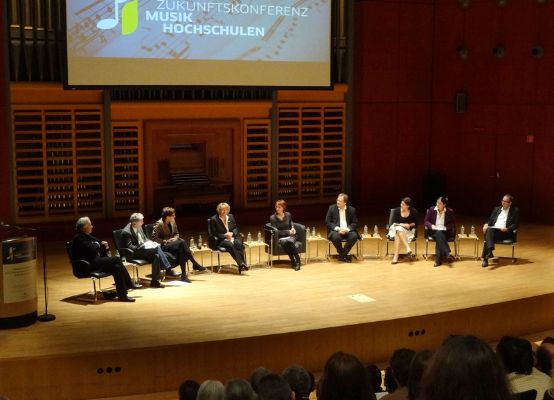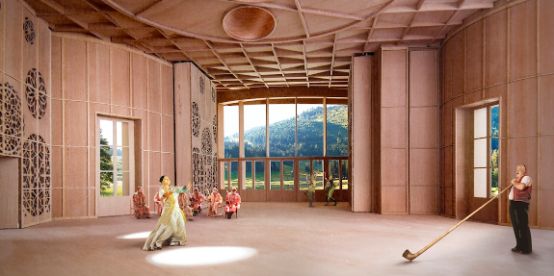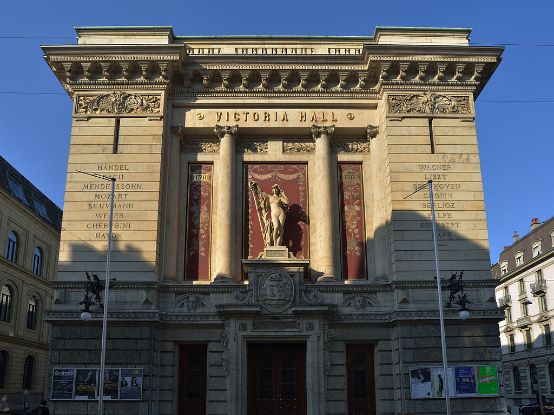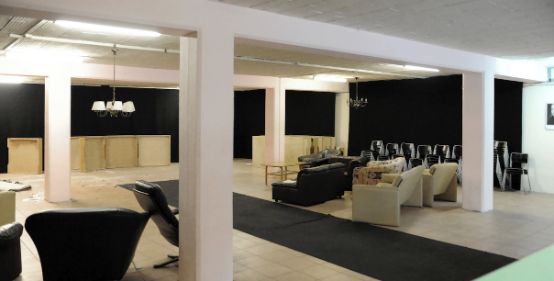Paul Giger receives Ausserrhoden Culture Prize 2015
The cantonal government of Ausserhoden has awarded Paul Giger the 2015 Cantonal Culture Prize, endowed with CHF 25,000, in recognition of a musician who has created a rich musical oeuvre. He has lived and worked in Rehetobel for many years.
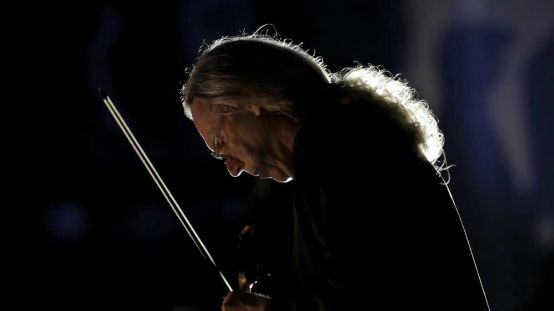
Born in Herisau in 1952, Paul Giger studied in Winterthur and Bern. From 1980 to 1983 he was concertmaster of the St. Gallen Symphony Orchestra, since then he has been a freelance artist. He works as a music teacher at the cantonal school in Trogen. His repertoire encompasses a wide range of styles from baroque to modern; he also specializes in improvisation, jazz and various folk traditions.
Paul Giger, writes the canton, is "versatile - and many things at the same time: virtuoso of overtones and quarter tones, Bach interpreter, sound tinkerer, explorer of foreign harmonic scales, composer of secular and sacred works that bridge the gap between Western spirituality and Eastern cultures". But he is also a folk musician whose Schleenzigen Zäuerli leave no one cold.
Giger's most recent success came last summer at the St.Gallen Festival with the music to the dance piece Ignis celebrated. With six CDs, all released on the ECM record label, he has built up an international reputation. His personal side was recently featured in the documentary film Karma Shadubdirected by son Ramòn Giger.






